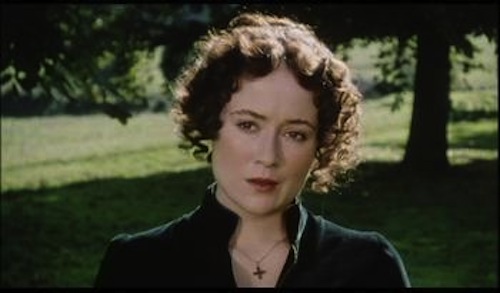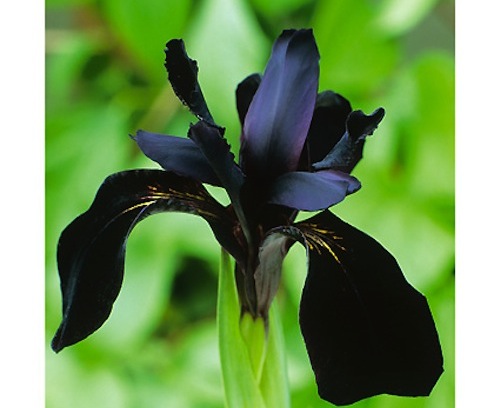
A few years ago I left Brooklyn, my home for almost fifteen years, and moved to the country in upstate New York. Accustomed to a small apartment and to being pressed up against by people and buildings, I was astonished to be the sudden inhabitant of a house on seventeen acres with a pond. The first time I saw our house I thought of that famous moment in Pride and Prejudice when Lizzy thinks: “to be mistress of Pemberley might be something!”
It’s wonderful, even when the coyotes brawl outside like a party of devils. Everything here nudges me to become a nature poet. Now I live about twenty minutes from Robert Frost’s Stone House. You can visit it between May and October. A lovely cottage with a whole room dedicated to “Stopping by the Woods on a Snowy Evening.” And it’s been restored after a group of drunk teenagers trashed it.
The cool thing to be here is to be an organic farmer, or at least to have lots of animals and an enormous garden that gives you a jewel-colored pantry from all your canning. I see foxes trotting in the field; owls swoop over my car; irises ring our neighbor’s swimming pond; twin fawns frolic in the front yard; a heron flew right past me up our hill. So, I succumb to the White Flower Farm catalogue, which I call “country porn.” Who wouldn’t want a Siberian Iris in garden or poem?

The rub is that I distrust the pathetic fallacy completely. In college I studied the Modernist poets; then I avidly read Postmodern poetry; I’ve been teaching both for years now. Stein and Loy for me, not Frost and Merwin.
Many poets, of course, have figured it out how to do it, and excellently; lately I’ve been reading the wonderful The Arcadia Project, an anthology of North American Postmodern Pastoral poetry, edited by Joshua Corey and G.C. Waldrep. But news of climate change makes me want to climb into the Svalbard Global Seed Vault and cry.
Last fall, a neighbor shot a doe in my front yard. I heard the gunshot, saw the doe stagger, limping and bewildered, out of the copse and race with her twins in a confused panic into the woods. I was shocked, although I had cursed the same deer for eating the last of the summer’s cherry tomatoes. This is certainly fodder for a poem, right?
There’s no poem there for me. No reach from the beauty of the scene; the explosion of the hunter; the death of the mother; the death of a human mother; to lots of pathos; then a return to beauty of the scene—the post-Romantic boomerang.
But my consolation was to reread one of my touchstone poets, George Oppen, who wrote a perfect poem about deer, “Psalm,” which you can read and listen to here.
Watch out for sentimentality. Predatory personification, too. And men with guns.
Born in Seattle and raised in Pittsburgh, poet Camille Guthrie earned a BA at Vassar College and an ...
Read Full Biography

